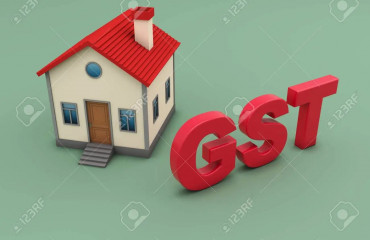
Summary
The Parliament has cleared amendments to GST laws to implement a 28% tax on online gaming, casinos
Summary
- The Parliament has cleared amendments to GST laws to implement a 28% tax on online gaming, casinos
The Parliament on Friday approved legislative changes for implementing the Goods and Services Tax (GST) Council's proposal to levy a 28% tax on the full value of deposits made by individuals to online gaming platforms, casinos, and horse racing clubs.
Mint takes a look at the fine print.
What is the purpose of GST law amendments?
After nearly three years of deliberations, the GST Council last month decided to ensure that 'the chance to win', or in legal parlance 'actionable claims', supplied by online gaming platforms, horse racing clubs and casinos should be subject to 28% GST. Earlier this month, the Council finalised the legal text for the amendments. With Parliament approval for the Central Goods and Services Tax (Amendment) Bill, 2023 and the Integrated Goods and Services Tax (Amendment) Amendment Bill, 2023, the changes in law are one step closer to implementation. State governments also have to pass similar amendments in their assemblies.
What kind of online gaming comes under 28% GST?
The amendments make a clear distinction between casual online games and those involving a wager. Only the actionable claims offered by 'online money games' are subject to 28% tax on the full value of the deposits made to a platform. Online money games are those in which the player deposits an amount in the expectation of winning some amount in a game or event. The amendments do not affect the tax on casual online gaming in which no real money or betting or wager is involved. The amendments make it clear that the activity of online money gaming will be taxed on the total amount paid to the supplier by the player, irrespective of whether the game is based on skill or chance or both. Also, any payments made by crypto assets will also be taxable.
When will the changes be effective?
The amendments implementing 28% tax will be effective from 1 October. The government is of the view that the legislative changes are clarificatory and that these sectors have always been under 28% GST. However, any recovery of disputed outstanding tax liability of the online gaming platforms till the changes are effective on 1 October is likely to depend on the decision of the Supreme Court as the Central government has filed a special leave petition contesting a Karnataka High Court Order which favoured industry players on the tax dispute.
What is the relief offered in the amendments?
While proposing the changes to GST laws, the Council had recommended that the valuation of the supply of online gaming and actionable claims in casinos may be done based on the amount paid or deposited by the player to the supplier, excluding the winnings of previous games or bets. The amendments offer this relief. Besides, the Council had decided to review the effect of these changes and the valuation rules after six months from October.
Why has online gaming industry opposed the amendments?
Online gaming platforms have been complaining that the 28% tax on the full value of deposits will increase their tax burden and affect the industry. GST Council deliberated on the industry suggestions, but did not accept the proposal to levy tax only on the margins of the platforms also called gross gaming revenue.
